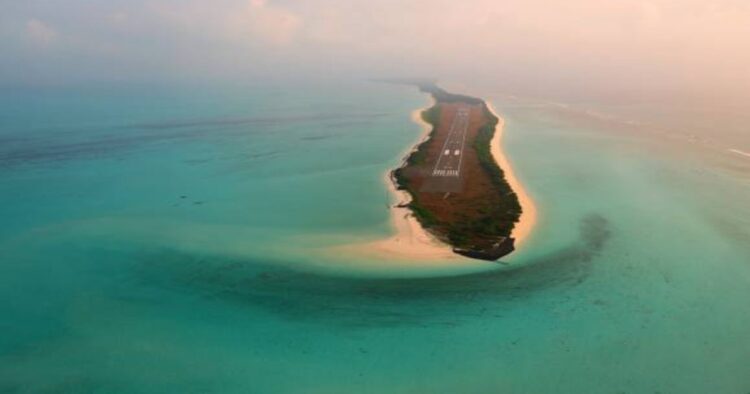In a surprising turn of events, Prime Minister Narendra Modi’s recent visit to Lakshadweep, Bharat’s smallest Union Territory, has set off a social media frenzy among both Bharat and international visitors. However, this diplomatic success was marred by a spat with the Maldives, where three ministers were suspended for posting derogatory remarks about PM Modi and Bharat.
According to Lakshadweep Administrator Praful Patel, the island’s fortune took a positive turn after the PM’s trip. The administration now anticipates approximately Rs 20,000 crore in investments in the coming days, potentially putting Lakshadweep on par with the Maldives in terms of economic development.
Since the visit, Lakshadweep has consistently been the most searched location on Google in India, indicating the heightened interest and attention it has garnered.
In a significant historical context, Prime Minister Modi, during his October 2019 Mann Ki Baat address, highlighted how Sardar Vallabhbhai Patel, India’s ‘Iron Man,’ played a crucial role in unifying princely realms and safeguarding Lakshadweep from Pakistan’s potential conquest.
After the partition of the subcontinent in 1947, with West and East Pakistan created on opposite borders, Lakshadweep, with its 93 percent Muslim population, remained untouched and seemingly inconspicuous. However, reports suggest that Mohammed Ali Jinnah, the founder of Pakistan, later turned his attention to the strategic importance of Lakshadweep.
Recognizing the vulnerability of the islands, Sardar Patel urged officials in southern India to swiftly dispatch a ship with security troops to Lakshadweep. Simultaneously, Pakistan had also deployed a ship with the intention of seizing the islands. Fortunately, Indian forces won the race, unfurling the tricolour on Lakshadweep and compelling the Pakistani ship to retreat.
In light of these historical events, PM Modi’s visit not only symbolizes the present economic transformation of Lakshadweep but also pays homage to Sardar Vallabhbhai Patel’s foresight in preserving India’s territorial integrity. However, the diplomatic tensions with the Maldives underscore the delicate nature of international relations and the nuanced impact of such high-profile visits.















Comments